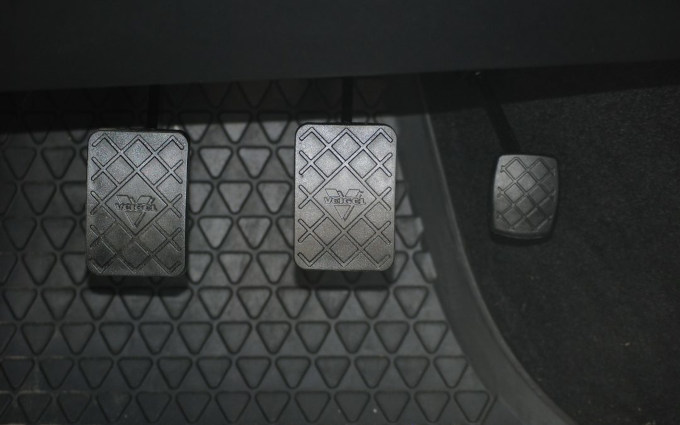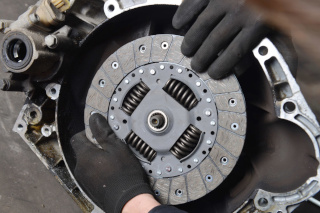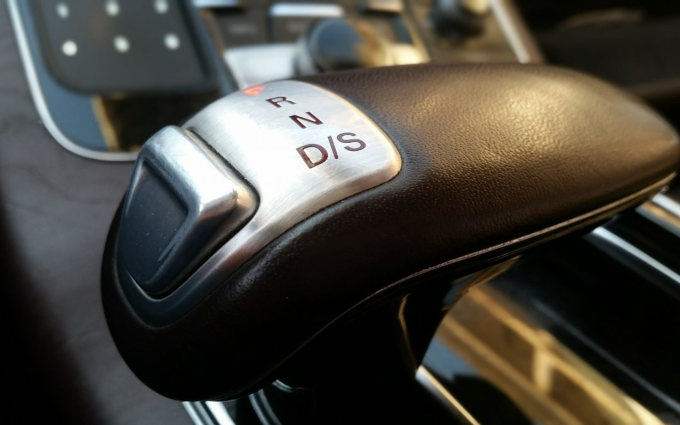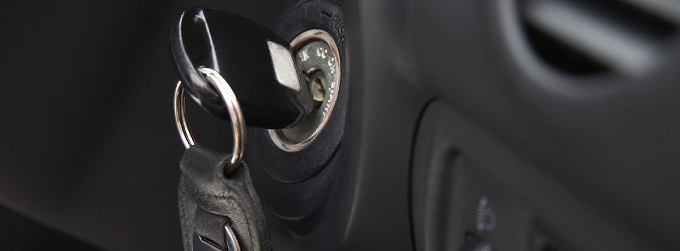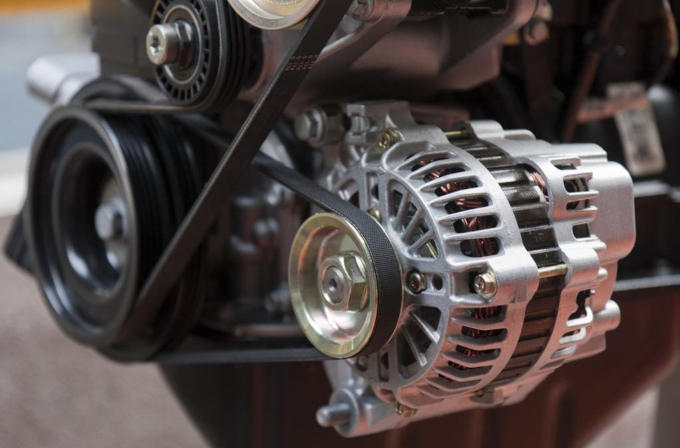Your car has a lot of moving parts. The clutch is an essential part of keeping your car moving, so how do you tell your car’s clutch has a looming repair? No one wants to hear the words, “You need a transmission repair,” but staying on top of any necessary repair will keep your car healthier for longer. Let’s take a closer look at your car’s clutch and how to tell you may need a transmission or clutch repair in the near future.
WHAT EXACTLY DOES YOUR CLUTCH DO?
At its simplest, your clutch controls when and how power is transferred from your engine to your wheels. When you press your clutch pedal, your clutch is disengaged so no power is being transferred, allowing you to change gears. Once the clutch pedal is released and you’re pressing on the accelerator again, the clutch is engaged, keeping the car in gear, and allowing power to be transferred to the wheels so your car can accelerate.
Related: Older Transmission Maintenance
Related: Why Does It Feel Like My Transmission Is Slipping?
Related: What Does Healthy Transmission Fluid Look Like?
PAY ATTENTION FOR THESE SIGNS YOUR CLUTCH IS WEARING OUT
Now that we know a bit about how the clutch works and its role in how your car runs, we can see how important it is to maintain a healthy clutch. So what are some key signs your clutch may be wearing out? Here are some common indicators it may be time to schedule a clutch repair with your local trusted mechanic.
A SOFT CLUTCH PEDAL
If you drive a manual transmission, you’re likely very familiar with the feel of your clutch pedal and it should be pretty firm when pressed. However, if you start noticing your clutch pedal feeling softer than usual, that’s a sign you have a problem with your clutch fluid. When the air gets in the system, it can throw off the pressure and cause a soft brake pedal as well as some difficulty properly engaging and disengaging your clutch.
A SLIPPING CLUTCH
A healthy clutch should disengage when you press the clutch pedal, allowing you to change gears, then re-engage when you release the clutch pedal. If your clutch is slipping, this process may not be happening as it should and you may also encounter higher RPM than usual as your engine revs. If your clutch plate is worn, your car will have trouble staying in the correct gear, causing engine revving and poor acceleration.
DIFFICULTY SHIFTING INTO REVERSE
Generally speaking, any difficulty with changing gears is worrisome. The reason you should pay attention to how easily you’re able to change into reverse is that it’s a more difficult gear to shift into and requires a decent amount of force from your clutch. Because of this, it can be one of the first parts of your clutch to wear out and fail.
A SLIPPING CLUTCH
A healthy clutch should disengage when you press the clutch pedal, allowing you to change gears, then re-engage when you release the clutch pedal. If your clutch is slipping, this process may not be happening as it should and you may also encounter higher RPM than usual as your engine revs. If your clutch plate is worn, your car will have trouble staying in the correct gear, causing engine revving and poor acceleration.
BUMPING OR GRINDING SOUNDS WHEN ENGAGING THE CLUTCH PEDAL
Aside from mechanically noticeable issues, you may encounter, hearing a grinding sound when you press the clutch pedal is another sure sign your clutch is worn. But pay attention – if the grinding sound isn’t always timed with your clutch pedal, it could also be a much simpler repair like worn bearings. Regardless, a regular grinding sound means you should consult a mechanic to make sure you aren’t dealing with a larger repair.
A STRONG BURNING SMELL
Depending on how you drive, you may be likely to notice a bad burning smell when your clutch is wearing out. Those at a higher risk of this problem are city and rush hour drivers who frequently rotate between engaging and disengaging their clutch. Getting this timing off even just slightly will cause extra wear and can start to overheat your clutch.
CALL AAMCO BAY AREA WITH ANY CLUTCH REPAIR NEEDS
Worried about your car’s clutch? Our expert mechanics at AAMCO Bay Area can accurately diagnose and repair any issue you’re having with your clutch, transmission, or any other essential part of your car. We understand the importance of keeping all systems operating well to extend the life of your car and save you money in the long run on repairs. If you’re not able to drive your car to one of our shops, we also offer free towing service to the nearest location.

 Schedule Appointment
Schedule Appointment








